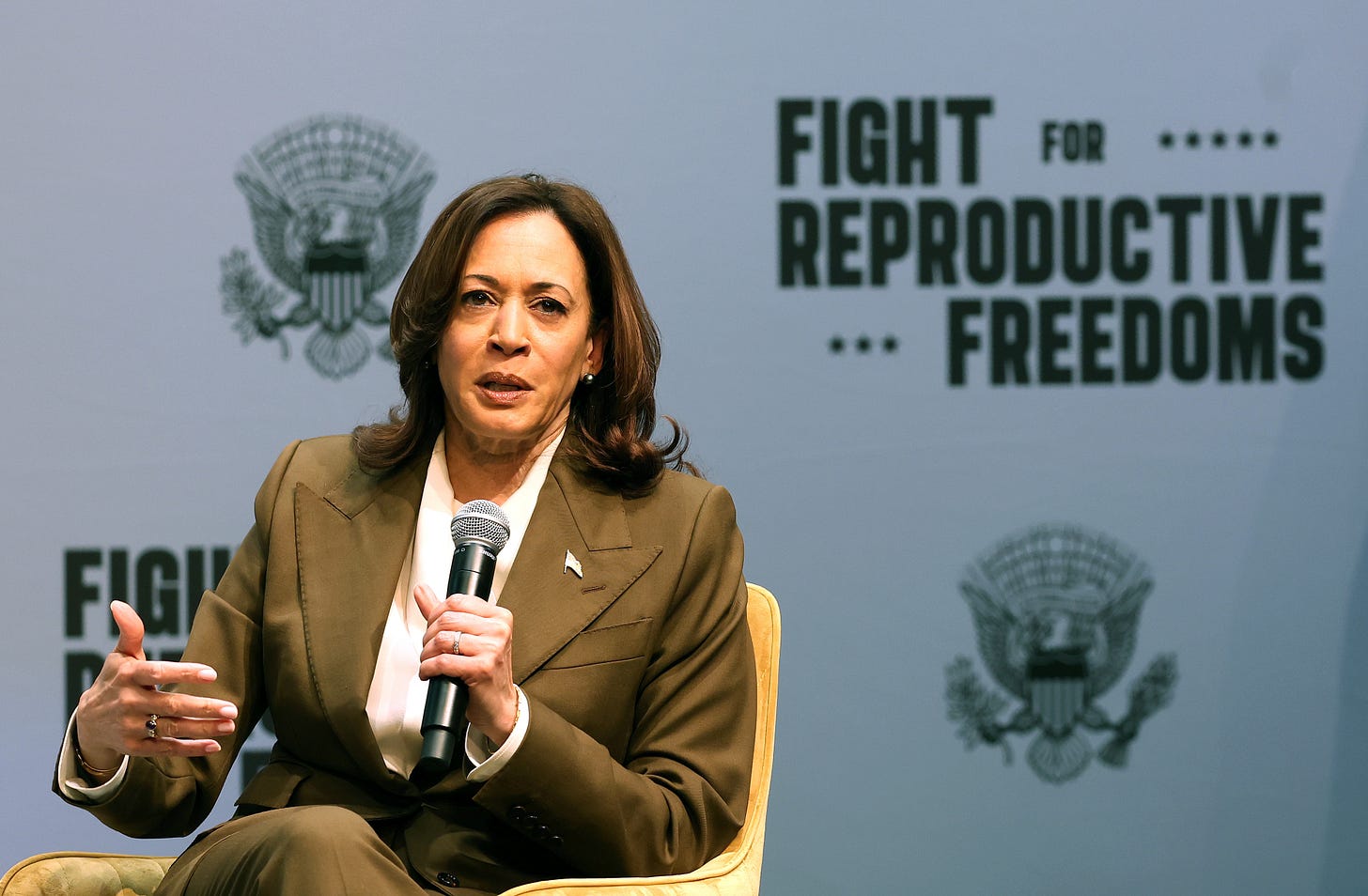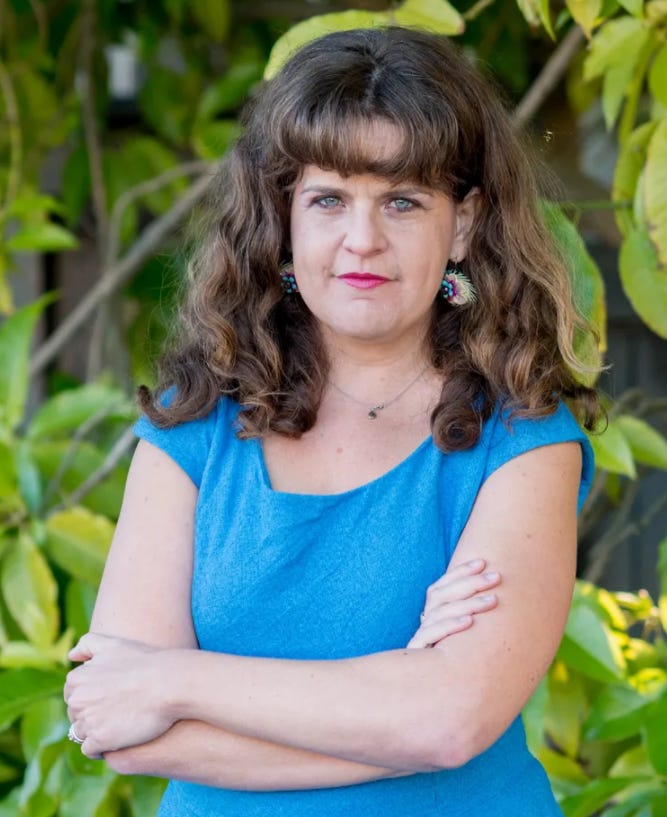ON MESSAGE: How to "de-silo" the abortion fight
Messaging whiz Anat Shenker-Osorio on how to make the cause of some the cause of all, on reproductive freedom and beyond
When does a political fight over some people’s rights feel like some people’s fight — and when does it feel like everyone’s?
Asylum seekers on the southern border. Trans kids wanting to exist as who they know they are. Gay couples wanting to marry. Black people demanding an end to police-inflicted violence. Women defending the freedom over reproduction.
All of these fights are about the rights of a particular group of people. But in some cases, these fights were made into something more — fights that implicated all people. Gay marriage was framed up into whether you or anyone else has the right to love who you love. Black Lives Matter became about whether America could ever be whole if it continued to be blind to the legacy of a racial caste system.
When fights for justice ramify outward like this, they engage in what Anat Shenker-Osorio, our in-house messaging guru, calls “de-siloing.” They take what most pressingly concerns a subset of the population and reframes it as affecting everyone.
That, Anat argues, is what is presently going on with the fight for abortion rights. President Biden’s campaign has gone on offense on the issue, making the “fight for reproductive freedoms” a central issue in the argument for a second Biden term. They’re not talking about choice any more, or about keeping the matter between a woman and her doctor, but about freedom — something in which all Americans see themselves, whatever their proximity to abortion (or perceived proximity to it).
Anat’s breakdown of how de-siloing works is below. Want to hear more about her work? Check out the third season of Words to Win By, her excellent podcast exploring political messaging in the fight for change. Episode 5 (Part 1 of the series' finale) premieres on February 13.
Where did we go wrong talking about abortion in the first place? And can we change the conversation?
So the Democratic Party’s attitude for a long time was “Don’t talk about it, don't talk about it, don't talk about it.” It used to be in a nothing frame. It used to be in a, “don’t say the A-word” frame. There is no position, we don't have one. The Democratic Party is a big tent, and we can allow people like Henry Cuellar from Texas who don't actually support this, right?
When there was talk about it (and there was little said even through the Trump years, when we were seeing state restriction after state restriction, and everyone who was paying attention knew that Roe was going to be brought down), it was always kind of awkward. It was, “Well, we believe that decision is a private matter between a woman and her doctor,” or, “We believe that we need to allow a woman to decide.” And also, “Did you know that third-trimester abortion is really, really rare and it almost never happens and also this isn't what's going on?” Or, “If you have to say anything at all, say ‘Safe, legal, and rare.’”
And, historically, there had been a choice to argue Roe on privacy rather than equity grounds. And that was a legal choice that I can't speak to because I am not a legal scholar, nor was I there at the time to decide what was more likely going to move that sitting Supreme Court. I'm sure it was made for very good reasons.
Don’t use right-wing framing if you don’t want right-wing outcomes
It’s just been kind of a messy choice. Privacy, let’s try to maybe be libertarian. And the result of that rhetorically was that the dominant story about abortion was “my child, my choice, my body, my choice, U.S. out of my uterus.” But what the reproductive justice movement said about this, and rightly so — this is the Black-led movement, trying to get mainstream white feminists in the reproductive rights movement to see this — is that having the legal right to an abortion without economic access is not having access to abortion.
If you can theoretically do something, but you can't actually do it (because some extraordinary number of U.S. counties, like 90 percent, didn’t have an abortion provider even pre-Dobbs), what is this legal right? You don’t really have it, we’re just making believe that you can unless you’re wealthy enough to travel, to have insurance, et cetera.
That was their critique, and it's correct. And what I'm layering onto it is that in positing abortion through this libertarian framework, saying, “Maybe we’ll get them on our side by saying it’s about privacy and individual choice and getting government out” — that’s how you get the Hyde Amendment. That's how you get no federal financing for abortion. That's how you get medical schools, which are almost all state run, to not teach OB-GYNs how to perform an abortion. Because unless you have laws in place that actually secure access to this thing, you can't get the government out.
It turns out you can't reach a left conclusion, a progressive conclusion, by making right-wing arguments.
Talk about freedom, and break the issue out of its silo





